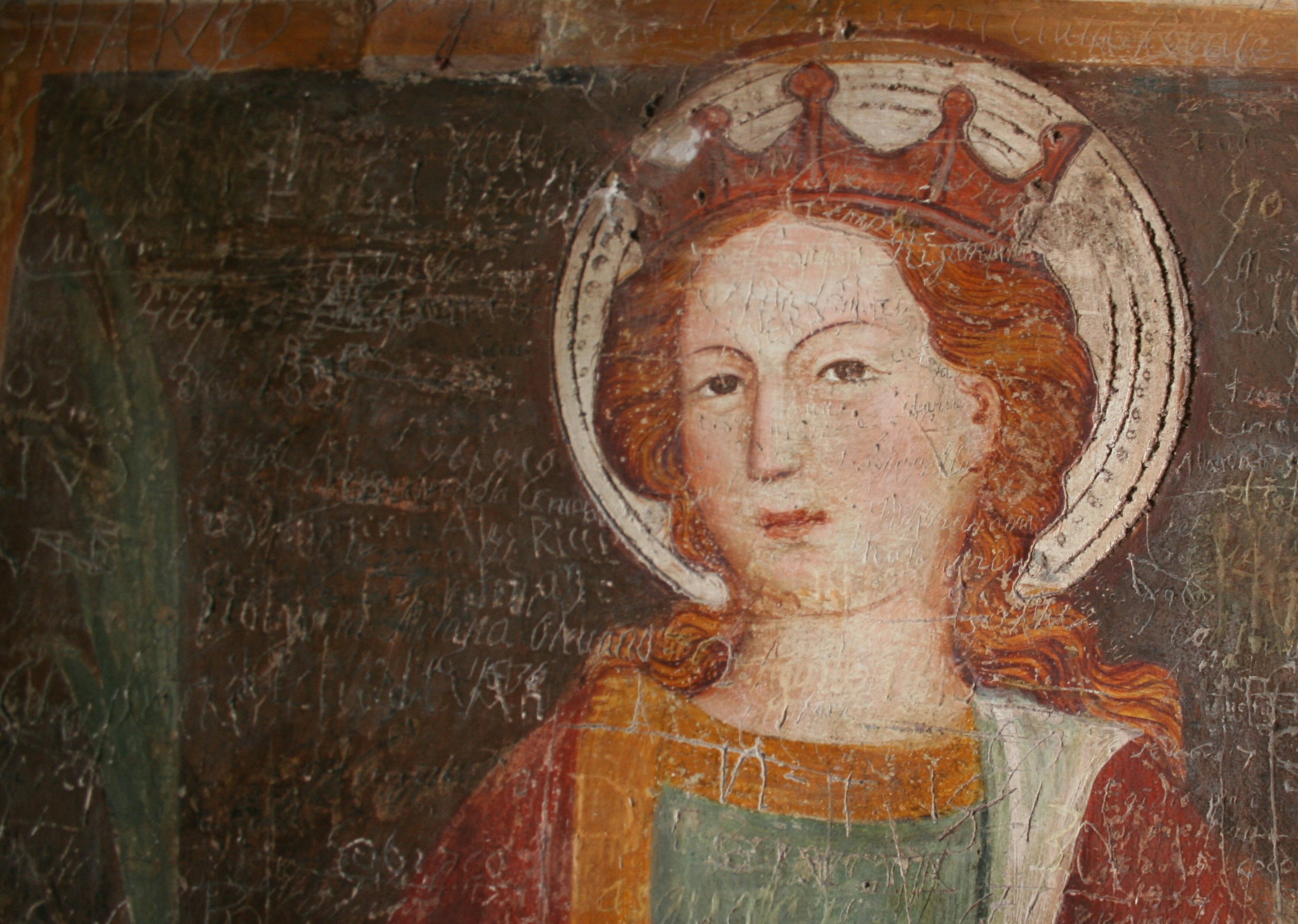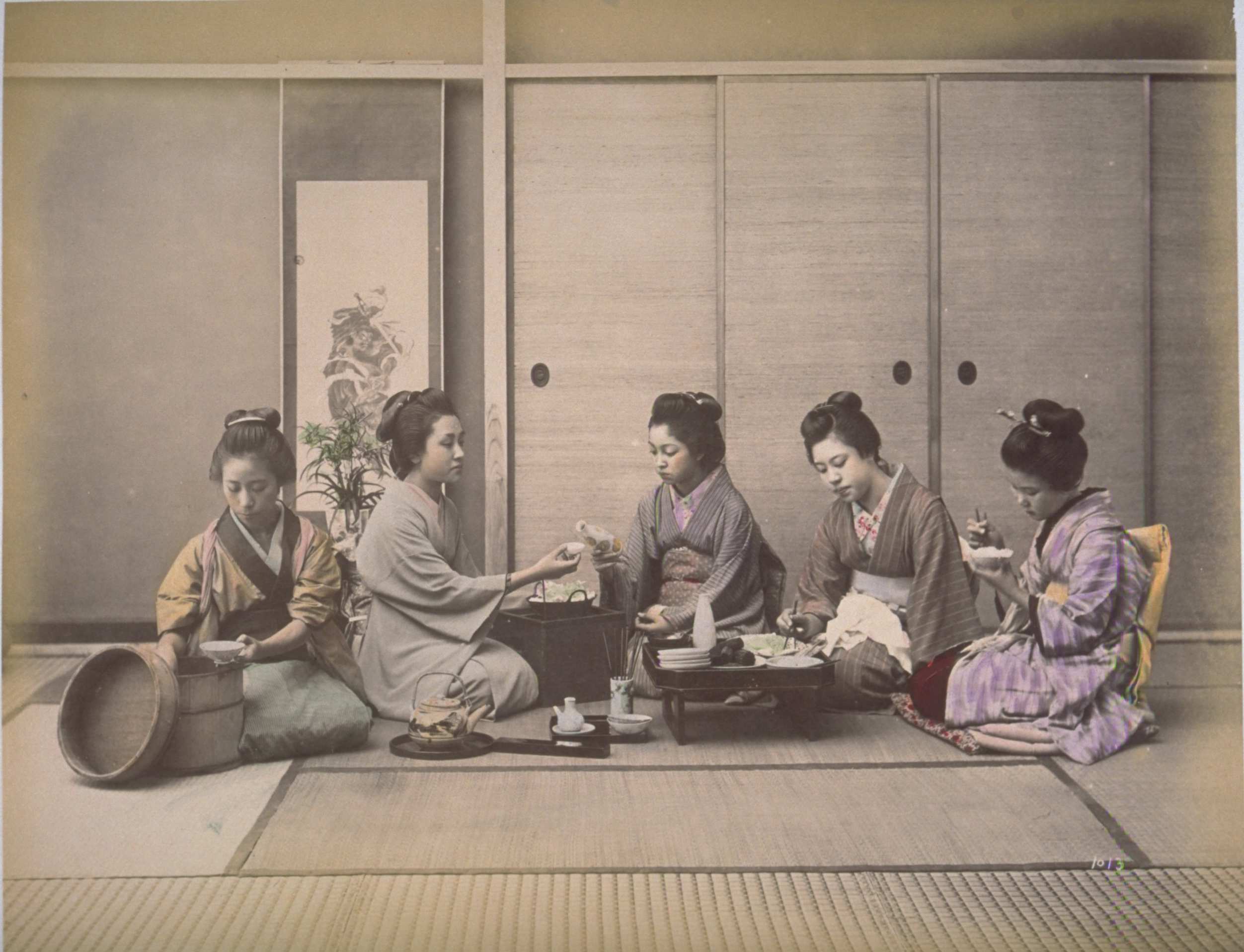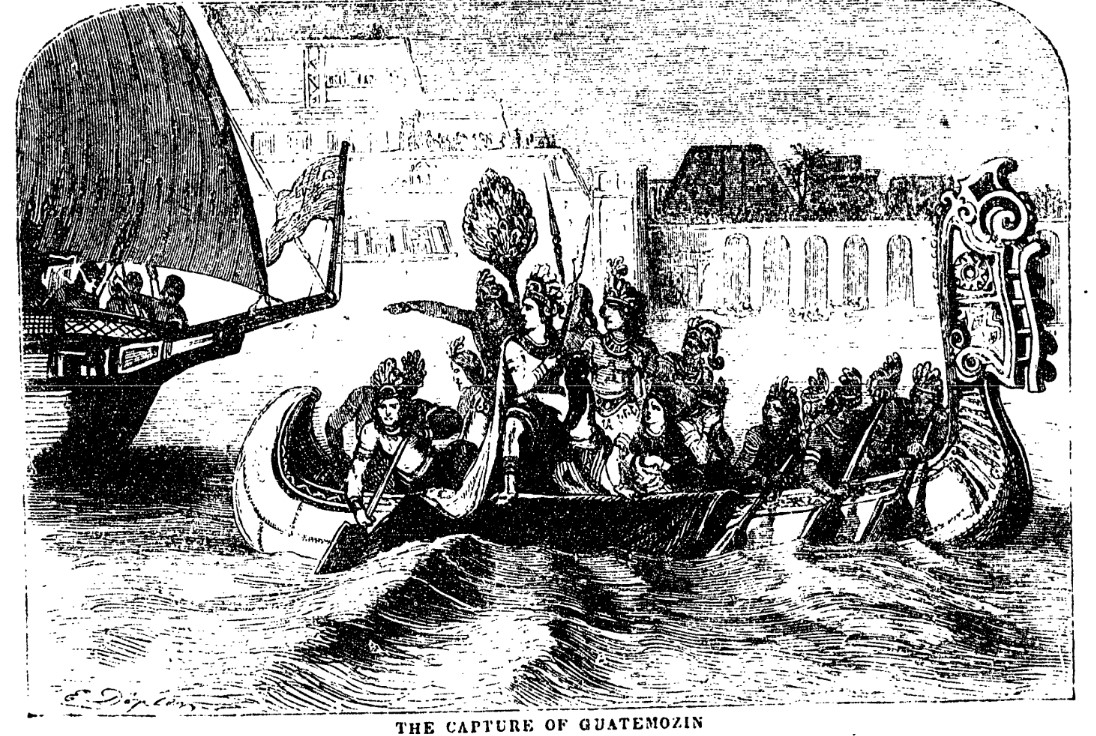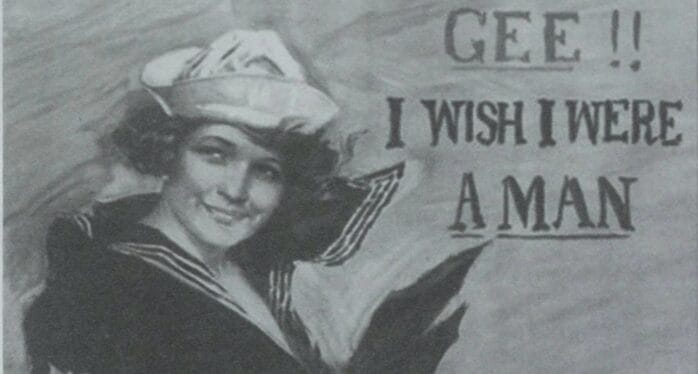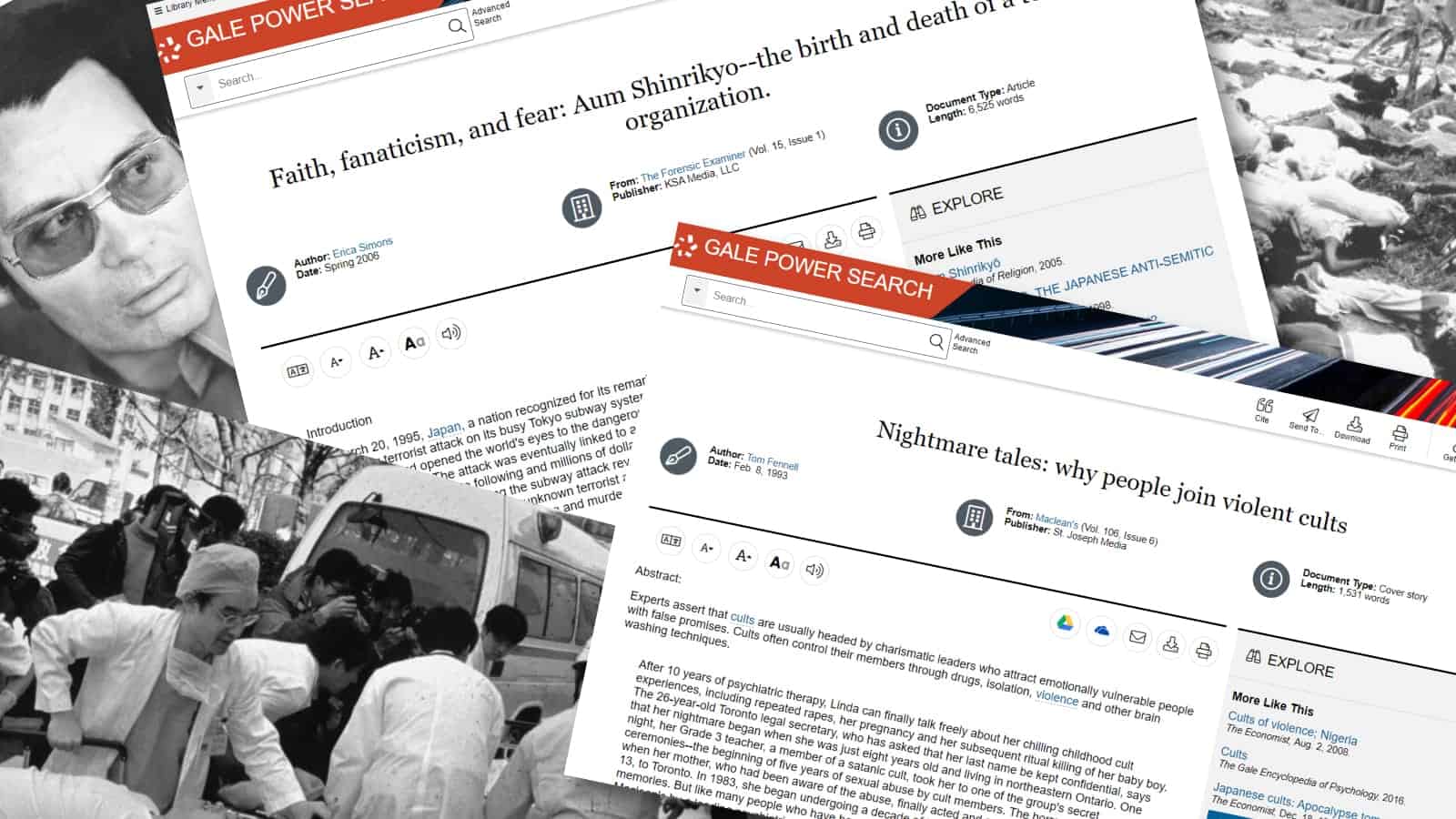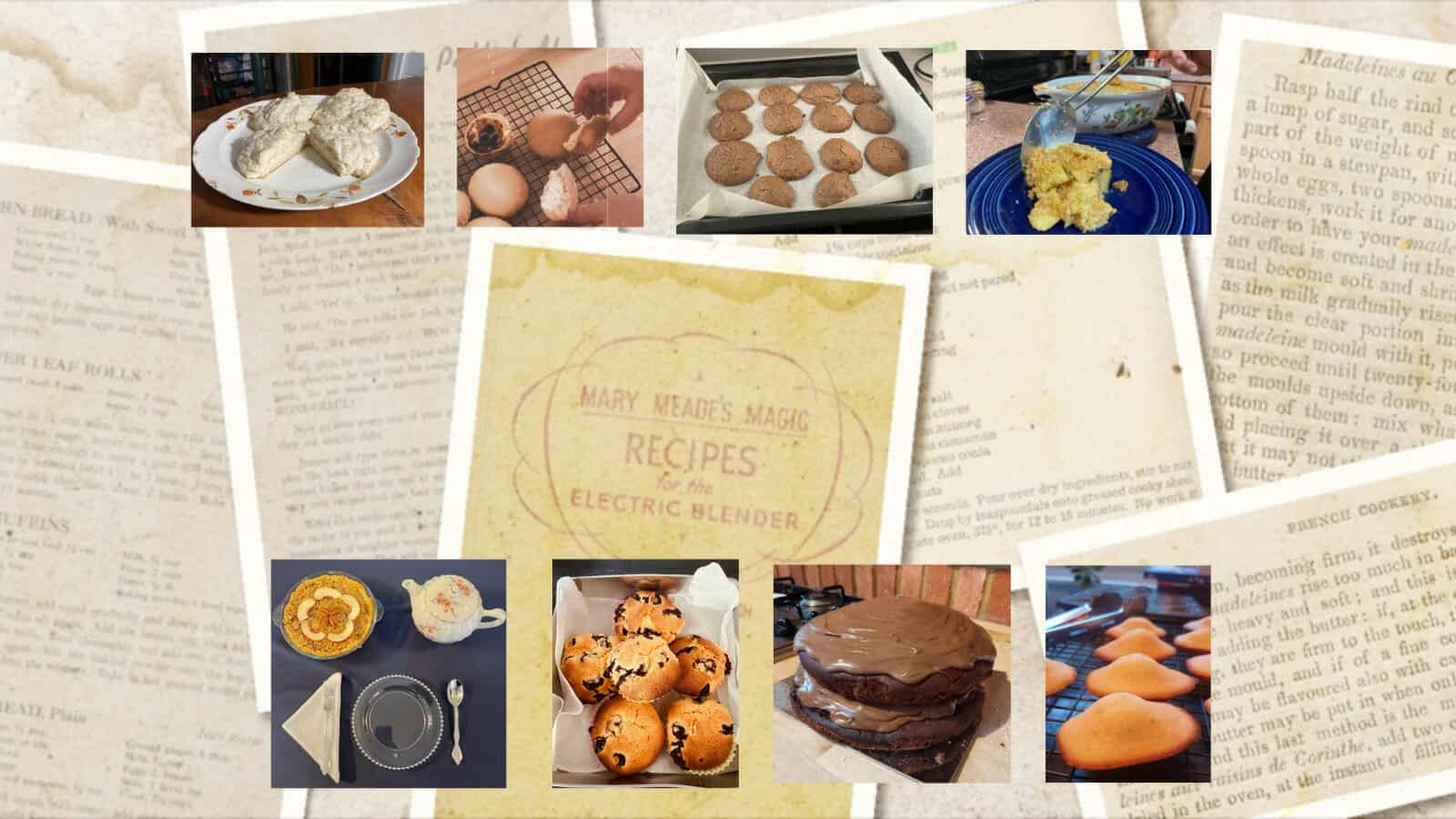│By Caley Collins, Gale Ambassador at University College London (UCL)│
Italian Futurism was an avant-garde movement founded in 1909 by F. T. Marinetti upon the publication of his tract The Founding and Manifesto of Futurism. The Futurists aimed to radically break from the past and create new types of literature, art, photography, and even music. They intended to glorify technology, aggression, and speed while destroying artistic and literary conventions.
The movement officially ended in 1944 with Marinetti’s death, however it is often considered to have had two phases. The first, more valiant phase is perceived as having ended in 1916 upon the deaths of several key members of the movement, including Umberto Boccioni, in WWI. In the subsequent years, Futurism moved in a different direction, allying itself with the Italian National Fascist Party and thus occasioning its own downfall. Using Gale Primary Sources, this post will explore the different facets of Futurism’s attempted creative emancipation from the past, alongside the movement’s legacy.



